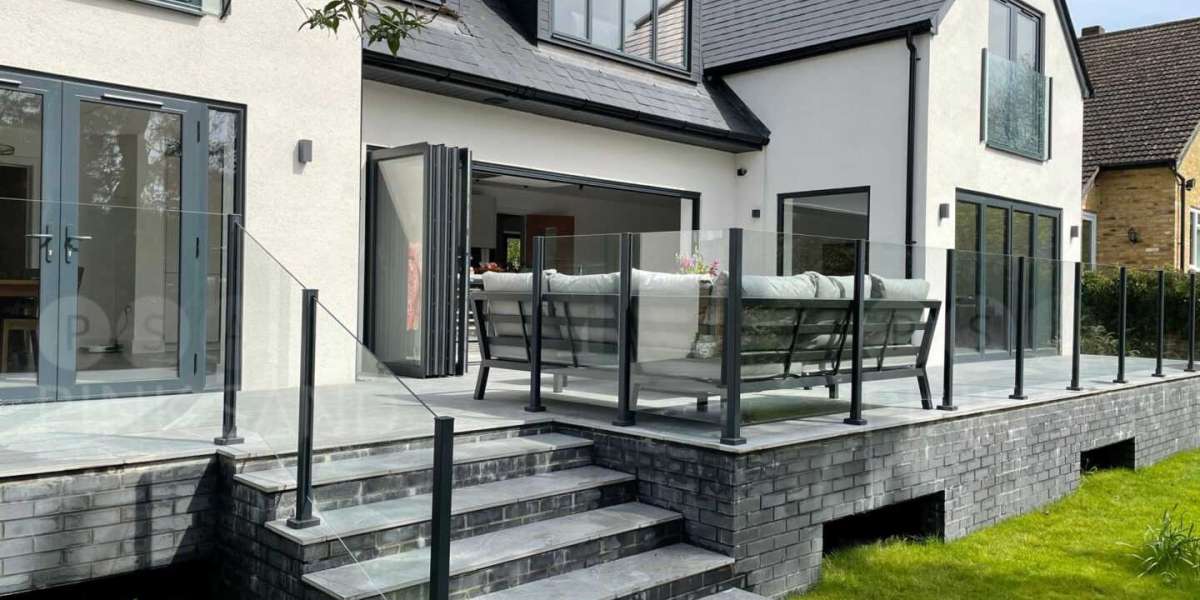When it comes to interior design, wall lighting plays a crucial role in enhancing the ambiance of any space. Whether you are looking to create a cozy atmosphere in your living room or a functional workspace in your office, understanding the nuances of wall lighting can significantly impact your overall design. This guide will explore various aspects of wall lighting, helping you make informed decisions for every room in your home.

Understanding Wall Lighting
Wall lighting refers to fixtures that are mounted on walls, providing both functional and aesthetic illumination. These fixtures can serve multiple purposes, including accent lighting, task lighting, and ambient lighting. By strategically placing wall lights, you can highlight architectural features, artwork, or create a warm glow that invites relaxation.
Types of Wall Lighting
- Sconces: These are versatile fixtures that can be used for both decorative and functional purposes. They come in various styles, from modern to traditional.
- Wall-mounted lamps: Ideal for reading nooks or bedside tables, these lamps provide focused light where you need it most.
- Picture lights: Specifically designed to illuminate artwork, picture lights enhance the visual appeal of your favorite pieces.
- Recessed lighting: Installed within the wall, recessed lights offer a sleek and unobtrusive lighting solution.
Choosing the Right Style
When selecting wall lighting, consider the overall style of your room. For instance, if your decor leans towards a modern aesthetic, opt for sleek, minimalist fixtures. Conversely, if your space is more traditional, ornate sconces or vintage-inspired lamps may be more appropriate. Additionally, consider the color temperature of the bulbs; warmer tones create a cozy atmosphere, while cooler tones can make a space feel more energetic.
Placement Tips for Wall Lighting
Placement is key when it comes to maximizing the effectiveness of wall lighting. Here are some tips to consider:
- Install sconces at eye level to ensure even illumination.
- Use wall-mounted lamps beside beds or chairs for convenient task lighting.
- Position picture lights above artwork to draw attention without overwhelming the piece.
- Consider the height of the ceiling; higher ceilings may require taller fixtures to maintain proportion.
Enhancing Your Space with Wall Lighting
Incorporating wall lighting into your design not only enhances functionality but also adds character to your space. By choosing the right fixtures and placements, you can create a harmonious balance between light and shadow, making your rooms feel more inviting. For a wide selection of stylish wall lamps, visit  .
.
Conclusion
In summary, understanding the various types and styles of wall lighting is essential for creating a well-lit and aesthetically pleasing environment. By considering placement and design elements, you can transform any room into a beautifully illuminated space. Remember, the right lighting can make all the difference in how you experience your home.








